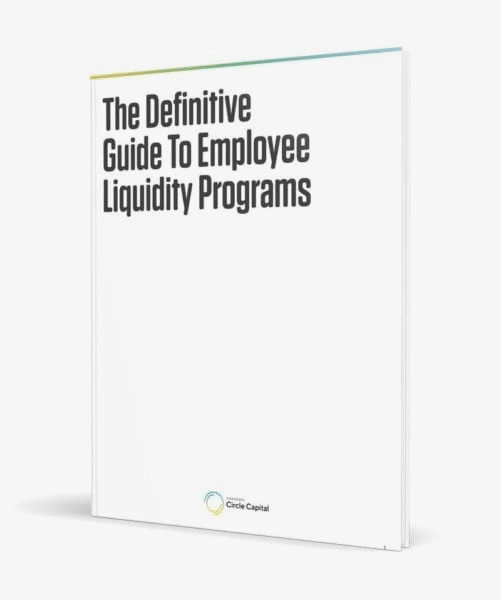Step 8
Determine the Tax Implications
The tax implications of stock grants now and deep into the future can be bewildering for employees and company executives. It’s important that pre-IPO companies have access to professional advice from specialists about the kind of shares or options they receive, the rules on tax types and deadlines, and up-to-date information about sale timing to maximize share value.
The tax implications of employee liquidity programs vary depending on the type of equity involved. Stock options (ISOs and NSOs), restricted stock, and RSUs are all subject to different tax treatments, which are further impacted by how long employees hold the equity. This next section explores these and other taxation issues around each type of stock issuance in great detail.
Further, in certain situations, employees are able to shield up to $10 million in capital gains from taxes if their equity qualifies for Qualified Small Business Stock treatment. We dedicated a section where we explain the mechanics and requirements of QSBS to understand if an employee qualifies for special tax treatment.
Employees are able to shield up to $10 million in capital gains from taxes if their equity qualifies for Qualified Small Business Stock treatment.
Finally, the pricing of a tender offer may, in some circumstances, prompt the IRS to consider insider sales as compensation. This is taxed at a high rate compared to capital gains, which receive more favorable tax treatment. This last taxation section explains how to minimize the risk of such an outcome.







